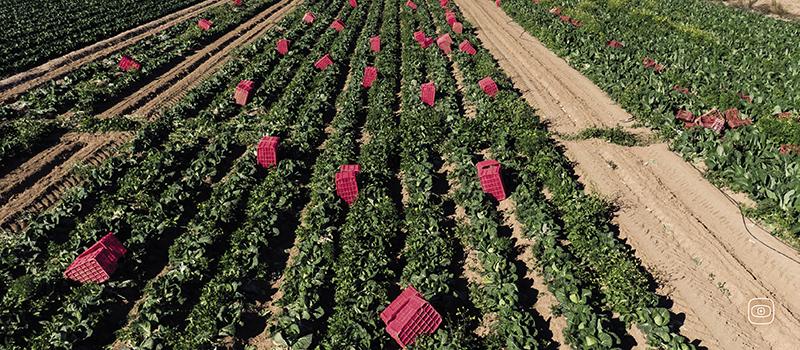Chemical fertilisers are largely used for growing the food we eat every day: they are applied to vegetable and fruit crops and forage used to feed animals we eat. However, European food production has been using far more nutrients than the ecosystems can take in.
In lagoons like Mar Menor in Spain or volcanic lakes in Central Italy, elements like nitrogen and phosphate threaten natural ecosystems and human health. Algal blooms have become more frequent in the last years, causing eutrophication – a decrease in oxygen levels in water bodies.
Masses of dead fish reaching the shores brought indignation among citizens in Spain, where a popular initiative gave the legal tools to the ecosystem of Mar Menor to defend itself, the first legislation of this kind in Europe.
By digging into environmental studies and legislation, Davide Mancini and Marcello Rossi intended to bring attention to long-lasting environmental issues that should be a concern to every country in Europe.
One such problem is eutrophication, a process that occurs when lakes, rivers, lagoons and other water reservoirs become over-rich in nutrients such as nitrogen and phosphorus. This influx results in algal blooms that deplete oxygen, harm aquatic life and release pernicious toxic compounds.
The phenomenon is widespread across Europe, with nutrient pollution events on the rise over the past decade. Other than consequences of fertiliser use, the journalists also analysed regulatory challenges and potential mitigation solutions.
Photo: province of Murcia, Campo de Cartagena / Davide Mancini.



